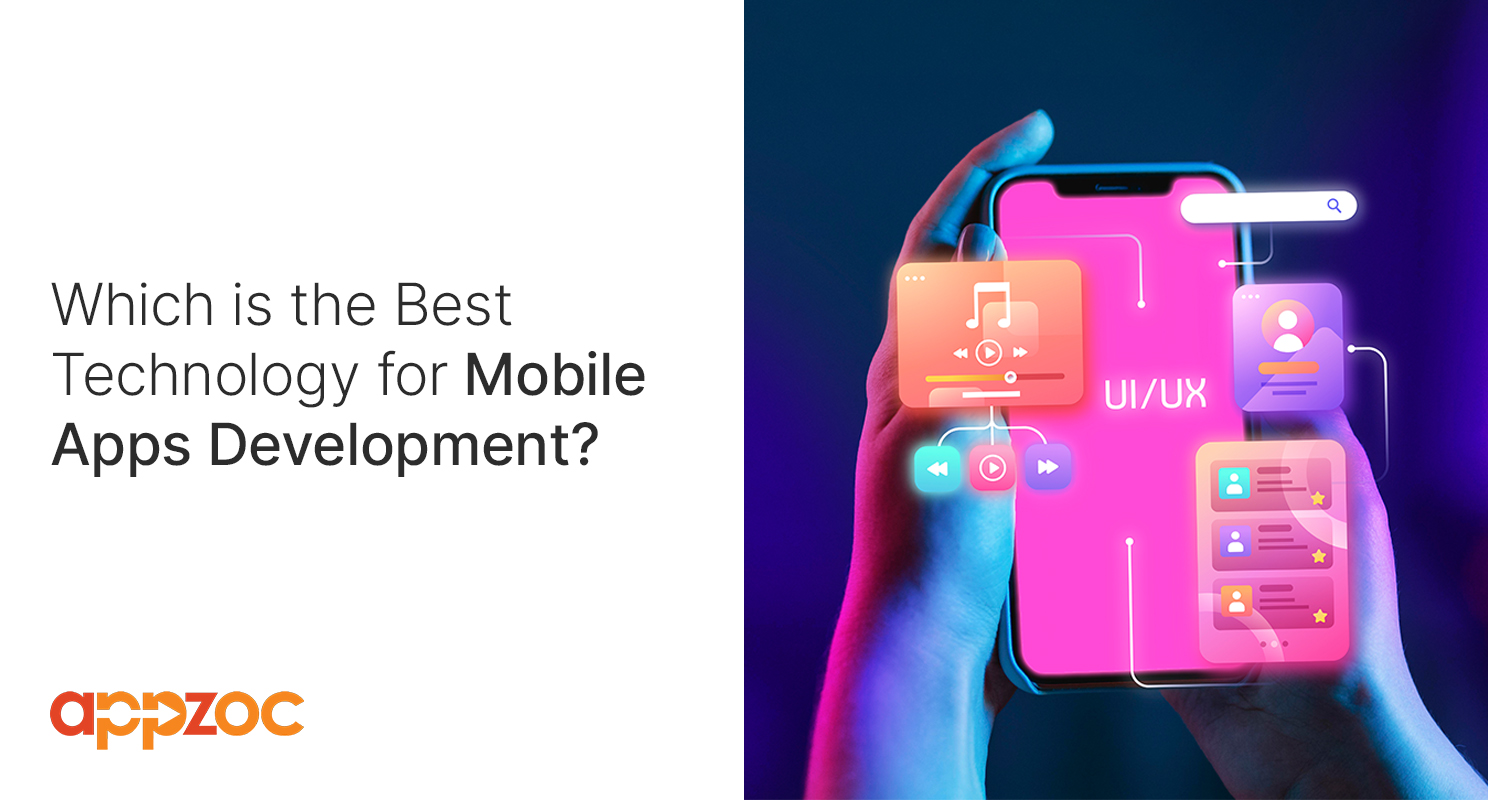
Flutter
Make the most of this cutting-edge technology by developing apps quickly! Our Flutter solutions have amazing features that can be used to create sleek, high-performance apps that can scale seamlessly across platforms.

With mobile app usage growing exponentially year on year, both established brands and startups are jumping on board the app bandwagon. iOS and Android represent over 99% of market share making them the two leading platforms to focus on. The question then emerges – how do you build apps for both ecosystems? Evaluating different app development approaches and technology choices is crucial.
Native app development refers to building apps customized for one specific mobile OS platform like iOS or Android using their standard native tools and languages.
For iOS, this would mean using Swift or Objective-C languages on Xcode. For Android, developers would use Java or Kotlin languages on Android Studio for crafting native apps. Code is compiled for that specific OS environment allowing maximizing hardware capabilities and access to all APIs.
The result is a high performance application completely optimized for an iPhone’s or Android smartphone’s UI standards and capabilities. App store approval processes also get simpler with native apps conforming with published guidelines.
Hybrid apps bridge the gap between web apps and native apps leveraging the best of both approaches.They consume a common codebase written using standard web technologies like HTML, CSS and JavaScript that wraps into a native shell.
Instead of platform specific languages, hybrid apps use cross platform frameworks like Ionic, Cordova or ReactNative for coding user interfaces and logic. This code then compiles into platform specific code generating apps tailored for iOS and Android but with shared web code reuse.
Write once, deploy anywhere philosophy reducing costs
Whether you decide on native or hybrid approaches, the mobile application development company you choose determines success. Here are key aspects to evaluate:
Industry Experience: Look for niche experience in your sector to leverage relevant insights – for example, fintech app developers would approach features differently from on-demand app builders.
Technical Capabilities: Certified developers in both native and hybrid technologies are crucial as needs evolve. Evaluate experience across both iOS and Android platforms.
Reviews & Ratings: Vet developer reputation thoroughly through client testimonials and ratings across directories before contracting services. AppStore ratings act as further indicators for the companies you shortlist.
Scalability: As your app user base grows, the need for additional capabilities arise. So choose mobile app development partners demonstrating ability to scale up or down as per changing needs.
Cost Models: Compare project bids from mobile application development services in Bangalore or mobile app developers in Kerala before finalizing budgets. Transparent communication on pricing models is essential.
The decision between engaging top app developers in Bangalore, Kerala or other metro cities vs exploring freelancers on global networks boils down to organizational priorities. Building in-house mobile competency by training existing dev teams also merits consideration for enterprises. Properly evaluating key parameters around capabilities, technology choice, budgets and collaboration models is vital while strategizing your next mobile app project.
Also Read:The Future of Mobile App Development: Predictions and Innovations
At the end of the day, users only care about mobile app quality,UI/UX excellence and the value offered. The underlying technology or complexity behind the scenes takes a backseat to actual functionality solving their needs.So focus extensively on wireframing user journeys fueled by empathy rather than get swayed by tech jargon alone. Identify the optimum development approach aligned to capabilities and goals before scouting mobile app development vendors to turn ideas into pixel perfect experiences exceeding expectations!